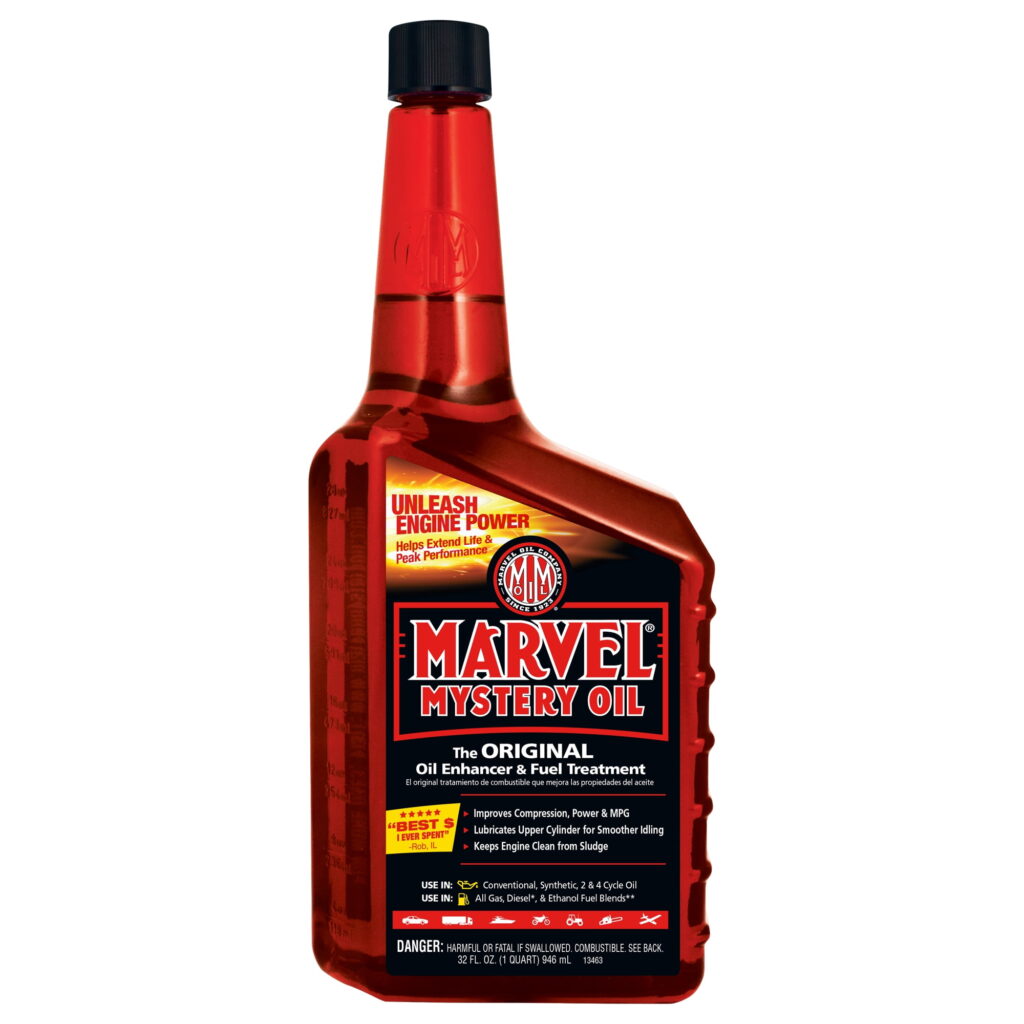Motor oil is a vital component for keeping our vehicles running smoothly. It lubricates engine parts, reduces friction, and prevents overheating. However, it’s crucial to remember that motor oil is not meant for human consumption. While you might be curious about what does motor oil taste like, it’s best to avoid tasting it altogether. Ingesting motor oil can have severe consequences for your health. This article will delve into the taste of motor oil, its toxicity, and the potential health risks associated with ingesting it.
This article will explore the distinct taste of motor oil, explain why it is highly toxic, outline the various health risks associated with ingestion, and provide practical tips on how to avoid accidental exposure.
Motor Oil Taste Description
Motor oil has a unique and unpleasant taste that most people would describe as bitter. The bitterness stems from the complex mixture of hydrocarbons, additives, and other chemicals present in motor oil. Some individuals might also detect metallic or chemical undertones in the taste. The specific flavor profile can vary depending on the type of motor oil, its age, and any contaminants it may contain.
It’s important to note that even a small amount of motor oil ingested can leave a lingering aftertaste in your mouth. This unpleasant sensation serves as a reminder of the potential dangers associated with consuming this substance.
Toxicity of Motor Oil
Motor oil is classified as a toxic substance due to its composition. It contains various chemicals, some of which are known to be harmful to human health. These include:
- Hydrocarbons: These are organic compounds that make up the base of motor oil. Some hydrocarbons can be carcinogenic (cancer-causing) and damage internal organs.
- Additives: Motor oils contain additives designed to improve performance and longevity. However, some additives can be toxic if ingested.
- Heavy Metals: Traces of heavy metals like lead, mercury, and cadmium may be present in motor oil due to wear and tear on engine parts. These metals are highly toxic and can accumulate in the body over time.
Health Risks of Ingesting Motor Oil
Ingesting even small amounts of motor oil can lead to a range of health problems. The severity of these risks depends on the amount ingested, the individual’s age and health status, and the specific components present in the motor oil.
Some potential health consequences include:
- Gastrointestinal Distress: Nausea, vomiting, diarrhea, abdominal pain, and cramps are common symptoms of motor oil ingestion.
- Liver and Kidney Damage: Motor oil can be toxic to the liver and kidneys, which are responsible for filtering waste products from the body. Ingestion can lead to organ dysfunction and failure in severe cases.
- Respiratory Problems: If inhaled, motor oil fumes can irritate the lungs and cause coughing, wheezing, and shortness of breath.
- Neurological Effects: Some components of motor oil can affect the nervous system, leading to headaches, dizziness, confusion, and seizures.
Avoiding Motor Oil Ingestion
Accidental ingestion of motor oil is a serious concern, especially for young children who may be more susceptible to its harmful effects. Here are some essential precautions to take:
- Store Motor Oil Safely: Keep motor oil in tightly sealed containers in a designated storage area that is inaccessible to children and pets.
- Clean Up Spills Immediately: If you spill motor oil, clean it up promptly using absorbent materials and dispose of the contaminated waste properly.
- Wash Hands Thoroughly: Always wash your hands thoroughly with soap and water after handling motor oil or working on vehicles.
- Supervise Children: Never leave young children unsupervised around vehicles or areas where motor oil is stored or used.
Conclusion
While motor oil plays a crucial role in keeping our vehicles running, it’s essential to remember that it is highly toxic and should never be ingested. The bitter taste of motor oil serves as a warning sign of its potential dangers. By understanding the risks associated with ingesting motor oil and taking appropriate precautions, we can protect ourselves and our loved ones from harm.



